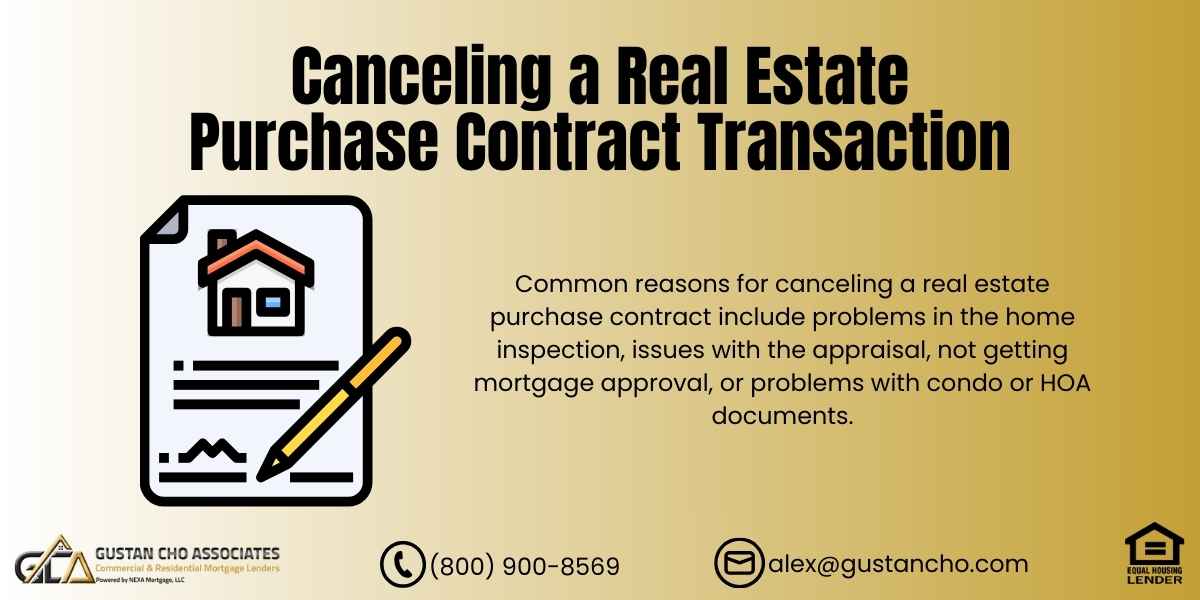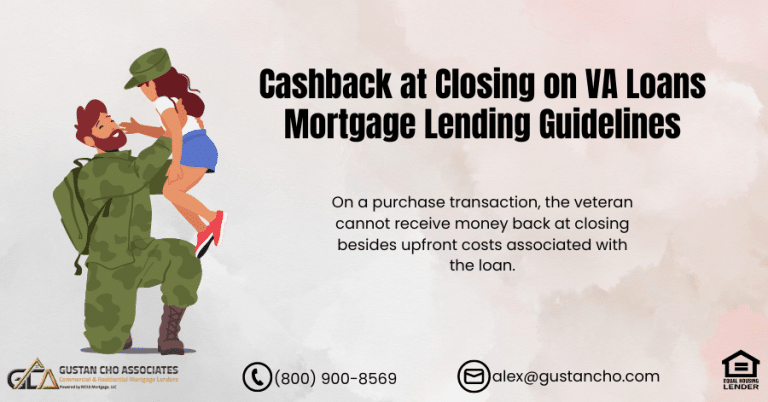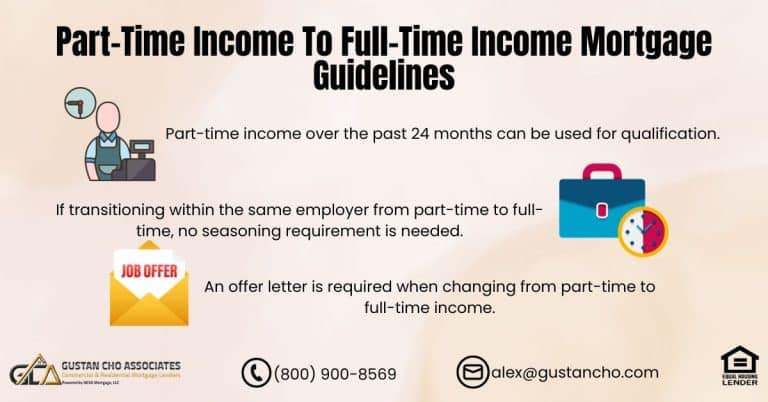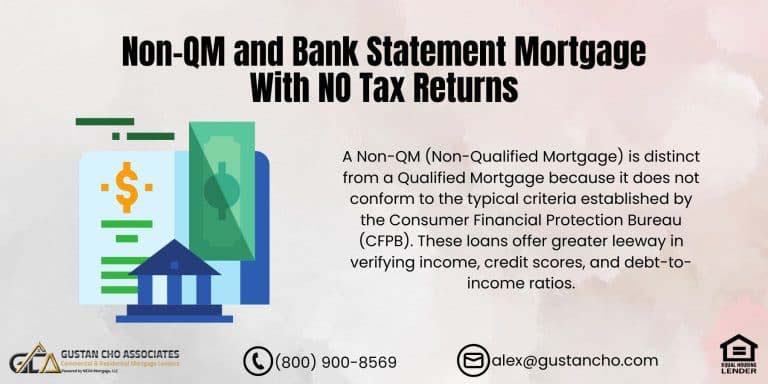Why Buyers and Sellers Need to Understand Canceling a Real Estate Purchase Contract
Buying or selling a home is exciting, but sometimes things don’t go as planned. Maybe the inspection reveals hidden problems. Maybe your mortgage gets denied. Or maybe you simply realize the deal isn’t right for you. In any of these situations, you may start thinking about canceling a real estate purchase contract.
But here’s the truth: a real estate purchase contract is legally binding. Canceling it the wrong way could cost you thousands in earnest money, or even land you in a lawsuit. On the other hand, canceling a real estate purchase contract correctly—through contingencies and deadlines—can protect you financially.
This guide will show you when and how to cancel a real estate purchase contract, what happens to your deposit, how buyers and sellers are affected differently, and the safest steps to follow.
What Is a Real Estate Purchase Contract?
A real estate sales agreement is a written, legally enforceable contract between a home buyer and a home seller. It outlines the property details, purchase price, deadlines, and contingencies that allow either party to back out.
Typical Terms in a Purchase Contract:
- Property address and legal description
- Purchase price and financing details
- Earnest money deposit
- Home inspection contingency
- Mortgage financing contingency
- Appraisal contingency
- HOA/condo document review contingency
- Closing date and possession date
⚠️ Warning: Once signed, canceling a real estate purchase contract without legal grounds is considered a breach of contract. This can result in losing your earnest money or facing a lawsuit.
Avoid Penalties When Canceling a Contract
We explain how to back out of a deal while protecting your deposit.
Earnest Money and Canceling a Real Estate Purchase Contract
When buyers submit an offer, they include an earnest money deposit—typically 1–3% of the purchase price—to show they are serious about buying the home. The earnest money is held in escrow and applied to the buyer’s down payment at closing.
When canceling a real estate purchase contract, what happens to that earnest money depends on why and how the contract is canceled:
- Valid contingency cancellation: Earnest money is refunded to the buyer.
- Invalid cancellation (no contingency): Buyer forfeits earnest money.
- Seller breach of contract: Buyer can demand earnest money back and may sue for damages.
💡 Pro Tip: Always verify who holds your earnest money (title company, attorney, or broker). That’s who controls releasing funds when canceling a real estate purchase contract.
Step-by-Step: How to Cancel a Real Estate Purchase Contract Safely
Canceling a real estate purchase contract requires following precise steps:
- Review your contract carefully – Make sure to really take a close look at your real estate purchase contract, especially the contingencies and deadlines it mentions. Knowing these key points is super important so you understand what you can expect and what you’re responsible for in the deal.
- Determine your legal reason – Identify the valid reasons for canceling the contract, such as issues arising from the inspection report, appraisal discrepancies, financing difficulties, or violations of homeowners association (HOA) rules. Having a legitimate basis for cancellation is crucial to avoid potential legal repercussions.
- Act within the time limits—Be mindful of the specific time frames designated in your contract. Most contingencies typically allow for a cancellation period of 7 to 10 days. Acting promptly ensures that you stay within these limits and maintain your rights under the contract.
- Provide written notice—It’s important to communicate your intent to cancel the contract through a written cancellation letter, which can be submitted through your real estate agent or attorney. This formal notice serves as official documentation of your decision and helps prevent misunderstandings.
- Confirm escrow release – After submitting your cancellation notice, verify that the escrow company has processed the release of your earnest money, if applicable. Ensuring that your funds are returned is a critical step in the cancellation process to avoid financial losses.
✅ Tip: Always document communication in writing when canceling a real estate purchase contract. This protects you if disputes arise later.
Step-by-Step: How to Cancel a Real Estate Purchase Contract Safely
Canceling a real estate purchase contract requires following precise steps:
- Review your contract carefully – Check out the details of your real estate purchase agreement closely. This includes identifying any contingencies that may allow for cancellation and noting important deadlines that you must adhere to avoid any penalties.
- Determine your legal reason – Establishing a valid reason for cancellation is crucial, such as issues stemming from the property inspection, appraisal discrepancies, financing challenges, or specific homeowners association (HOA) regulations. Having a clear legal basis will strengthen your position if any disputes arise.
- Act within the time limits – Most real estate contracts have specific time frames, commonly 7 to 10 days, for exercising contingencies. It’s essential to act promptly within these limits to ensure your cancellation is valid and to safeguard your earnest money.
- Provide written notice – To formally cancel the contract, you must submit a written cancellation notice, preferably through your real estate agent or attorney. This ensures that all parties are informed and that there is a record of your intent to cancel the agreement.
- Confirm escrow release – After canceling the contract, it’s important to verify that your earnest money deposit has been returned, if applicable. Confirm with your escrow agent to ensure all funds are properly released and you receive your money back without unnecessary delays.
✅ Tip: Always document communication in writing when canceling a real estate purchase contract. This protects you if disputes arise later.
Buyer Rights: Common Contingencies for Canceling a Real Estate Purchase Contract
Buyers usually have more flexibility in canceling a real estate purchase contract because contracts contain multiple buyer-friendly contingencies.
Home Inspection Contingency
A home inspection contingency gives buyers about a week to 10 days to check out the property. If they find any big issues during that time, they can either back out of the deal or try to negotiate some changes. But if they don’t do anything within that timeframe, they give up that option.
Mortgage (Financing) Contingency
In a real estate deal, buyers typically have about 30 to 45 days to finish their mortgage. If they can’t get approved, they can back out of the purchase contract without issues. The buyer can get their earnest money back as long as the financing contingency is set up.
Appraisal Contingency
An appraisal contingency is an important aspect of a real estate deal. If the appraised value of the house is lower than the purchase price, buyers have the option to negotiate a new agreement or withdraw from the transaction altogether. If the cancellation is handled correctly, the earnest money paid by the buyer will be returned.
HOA/Condo Review Contingency
An appraisal contingency is an important aspect of a real estate deal. If the appraised value of the house is lower than the purchase price, buyers have the option to negotiate a new agreement or withdraw from the transaction altogether. If the cancellation is handled correctly, the earnest money paid by the buyer will be returned.
⚠️ Warning: Canceling a real estate purchase contract without these contingencies means forfeiting your earnest money.
Canceling a Real Estate Purchase Contract Without Contingencies
In competitive housing markets, some buyers waive contingencies to win bidding wars. While this can strengthen your offer, it also increases risk.
- Canceling a real estate purchase contract without contingencies usually means:
- Losing earnest money deposit.
- Possible lawsuit for breach of contract.
- Being forced to buy through “specific performance” lawsuits.
💡 Pro Tip: Think twice before waiving contingencies. Canceling a real estate purchase contract later will be far more expensive.
Seller Rights: When Can Sellers Cancel a Real Estate Purchase Contract?
Sellers usually have fewer opportunities to cancel. Once they sign, they’re legally bound. Canceling a real estate purchase contract as a seller without valid grounds can lead to lawsuits.
Valid Reasons for Seller Cancellation
- Buyer fails to provide earnest money deposit.
- Buyer misses financing deadlines.
- A kick-out clause allows the seller to accept a stronger offer.
⚠️ Warning for Sellers: Canceling a real estate purchase contract to take a higher offer is a breach of contract. The original buyer can sue to enforce the sale.
Need to Cancel Your Home Purchase?
Learn the right steps to cancel a real estate contract without costly mistakes.
Examples of Canceling a Real Estate Purchase Contract
Example 1: Buyer Canceling After Inspection
Sarah signed a $350,000 contract with a 10-day inspection contingency. Her inspector found $20,000 in foundation repairs. Sarah canceled in writing within her 10-day window. She received her earnest money back, and the seller relisted the home.
Example 2: Seller Canceling for Higher Offer
John signed a $400,000 purchase contract. Two weeks later, another buyer offered $425,000. John canceled the first deal, but the buyer sued. The court forced John to complete the sale at $400,000.
These examples show why following the rules when canceling a real estate purchase contract is essential.
What Happens After Canceling a Real Estate Purchase Contract?
When Canceling a Real Estate Purchase Contract Properly
When a real estate purchase contract is canceled properly, it leads to the legal termination of the agreement. In such cases, if the contingencies were valid, the earnest money is refunded to the buyer. This allows the seller to relist the property for sale. At the same time, the buyer can continue searching for another home that may better suit their needs.
If Cancellation is Invalid
If a cancellation is deemed invalid, the buyer risks losing their earnest money, and the seller may seek damages. Additionally, any legal disputes that arise could potentially be resolved through mediation or court.
Final Thoughts
Canceling a real estate purchase contract is sometimes unavoidable, but it must be done carefully. Buyers have protections through contingencies, while sellers must be cautious to avoid breach of contract.
If you’re considering canceling a real estate purchase contract, review your agreement, act within deadlines, and always provide written notice. Most importantly, work with a trusted professional who understands both the mortgage and legal sides of real estate.
⚠️ Disclaimer: This article is for educational purposes only. Real estate laws vary by state. Always consult a licensed attorney before canceling a real estate purchase contract.
Frequently Asked Questions About Canceling a Real Estate Purchase Contract:
1. Can I Change My Mind After Signing and Canceling a Real Estate Purchase Contract?
A: Yes, but only if your contract has a contingency that allows it. If you cancel for no reason, you could lose your earnest money and face legal action.
Q: What are Common Reasons for Canceling a Real Estate Purchase Contract?
A: Common reasons include problems in the home inspection, issues with the appraisal, not getting mortgage approval, or problems with condo or HOA documents.
Q: When Canceling a Real Estate Purchase Contract, Will I Get My Earnest Money Back?
A: You usually get your deposit back if you cancel for a reason listed in the contract’s contingencies. However, you may lose the deposit if you cancel for reasons not listed in the contract.
Q: What Happens if I Cancel a Real Estate Purchase Contract Without Contingencies?
A: If you have no contingencies, you might lose your earnest money, and the seller could sue you for breach of contract.
Q: Can a Seller Also be Canceling a Real Estate Purchase Contract?
A: Yes, but it’s harder for sellers. Once they sign, they’re legally bound unless they have a clause like a “kick-out” clause in the contract.
Q: How Long do I have to Cancel a Real Estate Purchase Contract After Inspection?
A: Most contracts give buyers about 10 days to finish the inspection and cancel if needed. The exact time is in your contract.
Q: What is a Mortgage Contingency When Canceling a Real Estate Purchase Contract?
A: It’s a clause that lets you cancel if you can’t get mortgage approval within a set time. If you cancel under this clause, you should get your earnest money back.
Q: Can I Cancel if the Appraisal Comes in Too Low?
A: Yes, if your contract has an appraisal contingency. You can cancel and get your earnest money back or renegotiate the price with the seller.
Q: Do I Need a Lawyer to Cancel a Real Estate Purchase Contract?
A: It’s not always required, but it’s smart to get legal advice so you don’t lose money or face a lawsuit.
Q: What’s the Safest Way to Cancel a Real Estate Purchase Contract?
A: Make sure you understand your contingencies, act within the allowed time, and give written notice to the seller or their agent.
This article about “Canceling a Real Estate Purchase Contract Transaction” was updated on September 24th, 2025.
Know Your Rights Before You Cancel
Understand the legal and financial implications of ending your purchase agreement.











The sellers agent delayed the appraisal now the agent is threating to cancel if the appraisal is not done by a certain day. They are asking to remove all contingencies. Is this legal??